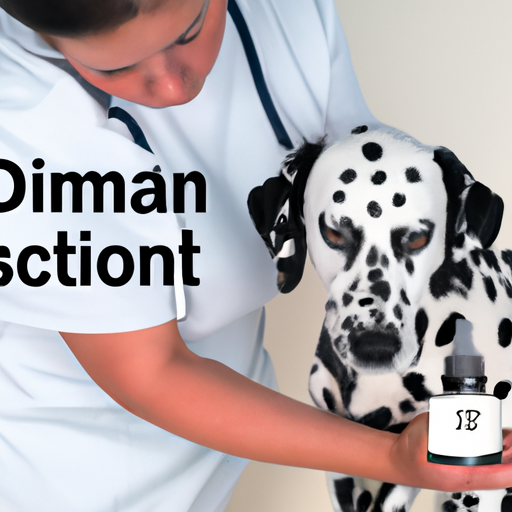Hyperpigmentation is a common issue that can affect dogs of all breeds and ages. It’s a condition that can worry many caregivers due to its sudden onset and unfamiliar appearance. But rest assured, this guide will help you navigate this often misunderstood condition.
What is Hyperpigmentation?
Hyperpigmentation in dogs is a condition where the skin darkens in color. It’s typically a response to inflammation or irritation. It can occur anywhere on the body, but it’s most common on the belly, legs, and around the mouth.
Causes of Hyperpigmentation
Several factors can cause hyperpigmentation in dogs:
- Allergies: Dogs can develop allergies to certain foods, environmental factors, or substances they come into contact with. These allergies can lead to skin irritation and, subsequently, hyperpigmentation.
- Infections: Bacterial or fungal infections can cause inflammation and darkening of the skin.
- Hormonal imbalances: Conditions like hypothyroidism and Cushing’s disease can lead to skin changes, including hyperpigmentation.
- Trauma: Repeated skin trauma from scratching or biting can lead to hyperpigmentation.
Understanding the cause of your dog’s hyperpigmentation is crucial in determining the appropriate course of treatment.
Treating Hyperpigmentation
Treatment for hyperpigmentation in dogs depends on the underlying cause. Here are some common treatment methods:
- Topical Treatments: These include medicated shampoos, creams, and sprays that can help soothe inflammation and reduce pigmentation.
- Oral Medications: If the hyperpigmentation is due to an internal issue, your vet may prescribe oral medications.
- Dietary Changes: If your dog’s hyperpigmentation is due to a food allergy, a change in diet may be necessary.
| Treatment Method | Use Case |
|---|---|
| Topical Treatments | In case of external inflammation or irritation |
| Oral Medications | If internal issues or hormonal imbalance is the cause |
| Dietary Changes | If a food allergy is causing hyperpigmentation |
Preventing Hyperpigmentation
While not all cases of hyperpigmentation can be prevented, there are some steps you can take to minimize the risk:
- Regular grooming: This can help prevent skin irritation and infections.
- Balanced diet: A diet rich in essential nutrients can help maintain good skin health.
- Regular vet checkups: Routine checkups can help detect any potential issues early on.
Frequently Asked Questions
Q: Is hyperpigmentation in dogs harmful?
A: Hyperpigmentation itself is not harmful. However, it can be a sign of an underlying health issue that needs attention.
Q: Can hyperpigmentation in dogs be cured?
A: The darkening of the skin may or may not be reversible, depending on the cause. The primary goal of treatment is to address the underlying condition causing the hyperpigmentation.
Q: Can I use human skin lightening products on my dog?
A: No, human skin products can be harmful to dogs. Always consult with your vet for appropriate treatments.
Remember, your furry friend relies on you for their health and wellbeing. It’s your role as a caregiver to ensure they get the best care possible.



